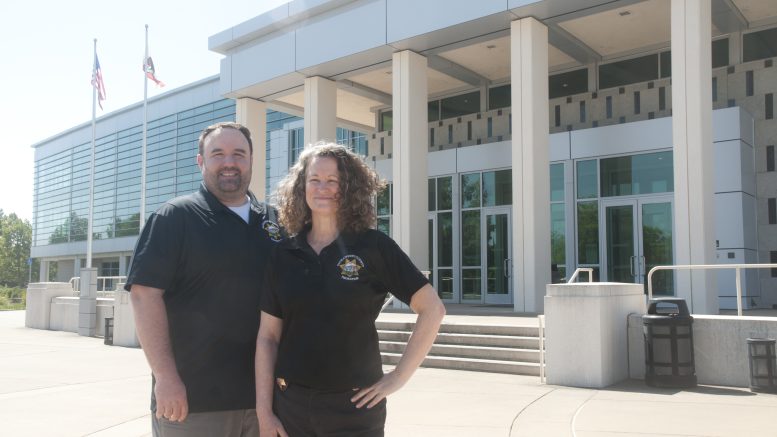No one wants kids behind bars.
For the young clients under the Sacramento County Probation Department’s supervision, the goal is to get them successfully out of the justice system. Studies have found the best way to do that is through support, treatment and stability. For juveniles without a stable home foundation, resource families— formerly known as foster families—can provide a home base for them to complete their probation requirements, receive supportive services and get their lives back on track.
“Many youth in foster care have experienced traumatic and chaotic events in their lives and they need support to heal from them. Placing a youth with a resource family can open many doors to foster-care-specific services that include mental health support, educational support, housing and life skills,” says Pamela Lowe, senior deputy probation officer and resource family liaison with the Department. “These supports and skills can make a difference in building a positive, productive life … as opposed to incarcerating someone. If they’re serving time, their needs haven’t been addressed. What got them into the system is still problematic for them and when they’re exiting, it just becomes a rotating door.”
While Sacramento County’s Youth Detention Facility does have beneficial programs, it wasn’t designed for individualized long-term supportive services. And studies show that these supports—like counseling—can significantly reduce recidivism rates.
“These supports and skills can make a difference in building a positive, productive life … as opposed to incarcerating somebody.”
Pamela Lowe
Senior Deputy Probation Officer and Resource Family Liaison with Sacramento County Probation Department
“It’s these resource families that provide the ability to offer intense services in a family-like home setting and just the overall ability to be a teenager, which is not possible in a detention setting,” says Jeff Levasseur, senior deputy probation officer. “With [a resource family placement], there’s individual and group counseling available.. The counseling they receive at the Youth Detention Facility is limited compared to what they would receive while living with a resource family.”
Sacramento County needs people who are willing to open their homes and hearts to become a resource family. While being a resource family is not an easy job, it’s a rewarding one. To become a resource family, an approval process occurs with the Department of Child, Family and Adult Services or a Foster Family Agency. As a liaison, Lowe is able to guide and support families, answer questions and help them understand requirements. Once a foster youth is placed with a resource family, there are many sources of support resource families receive,, including:
- 24/7 free hotline support for foster youth and caregivers in crisis
- Online and in-person support groups
- Conflict management
- Counseling
- Financial assistance for school supplies, clothing, extracurricular activities, holidays and more
- Gift cards for pro-social and family bonding activities such as movies, restaurants and mini-golf
- Referrals to additional community resources
“The families and individuals who become resource families are giving foster youth a chance at a better life by providing a stable, loving environment. They demonstrate a commitment to these youth, help them persevere through challenges and support them in building a positive, productive life,” Lowe says. “Resource families impact not only the foster youth in their homes, but future generations of the foster youth’s family.”
Interested in becoming a resource family? Visit FOSTERAYOUTH.NET, email probationresourcefamily@saccounty.net, or call 916-875-0314. #FOSTERAYOUTH


























